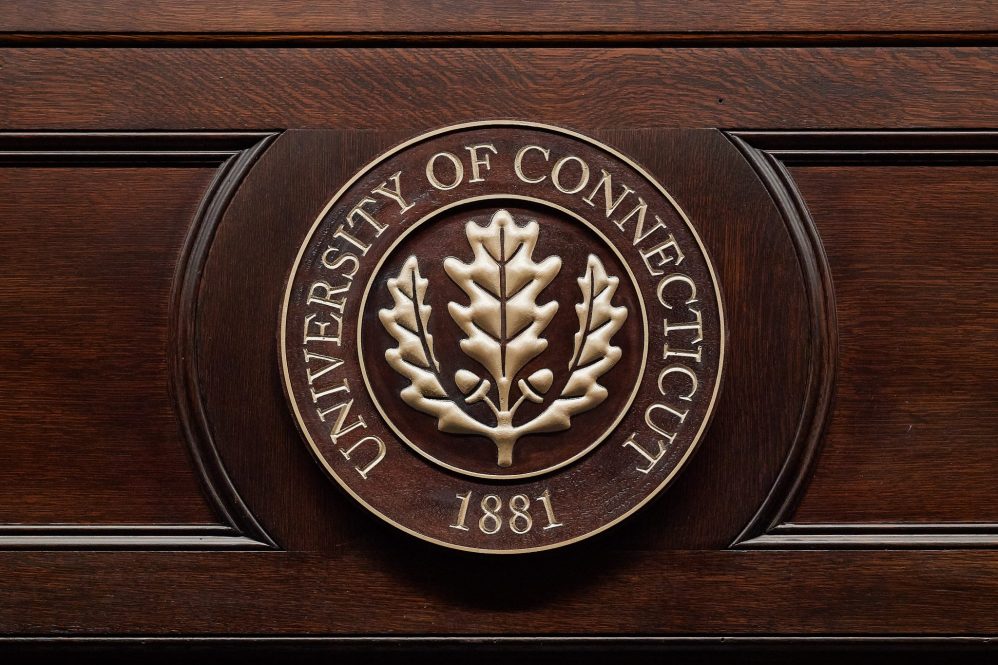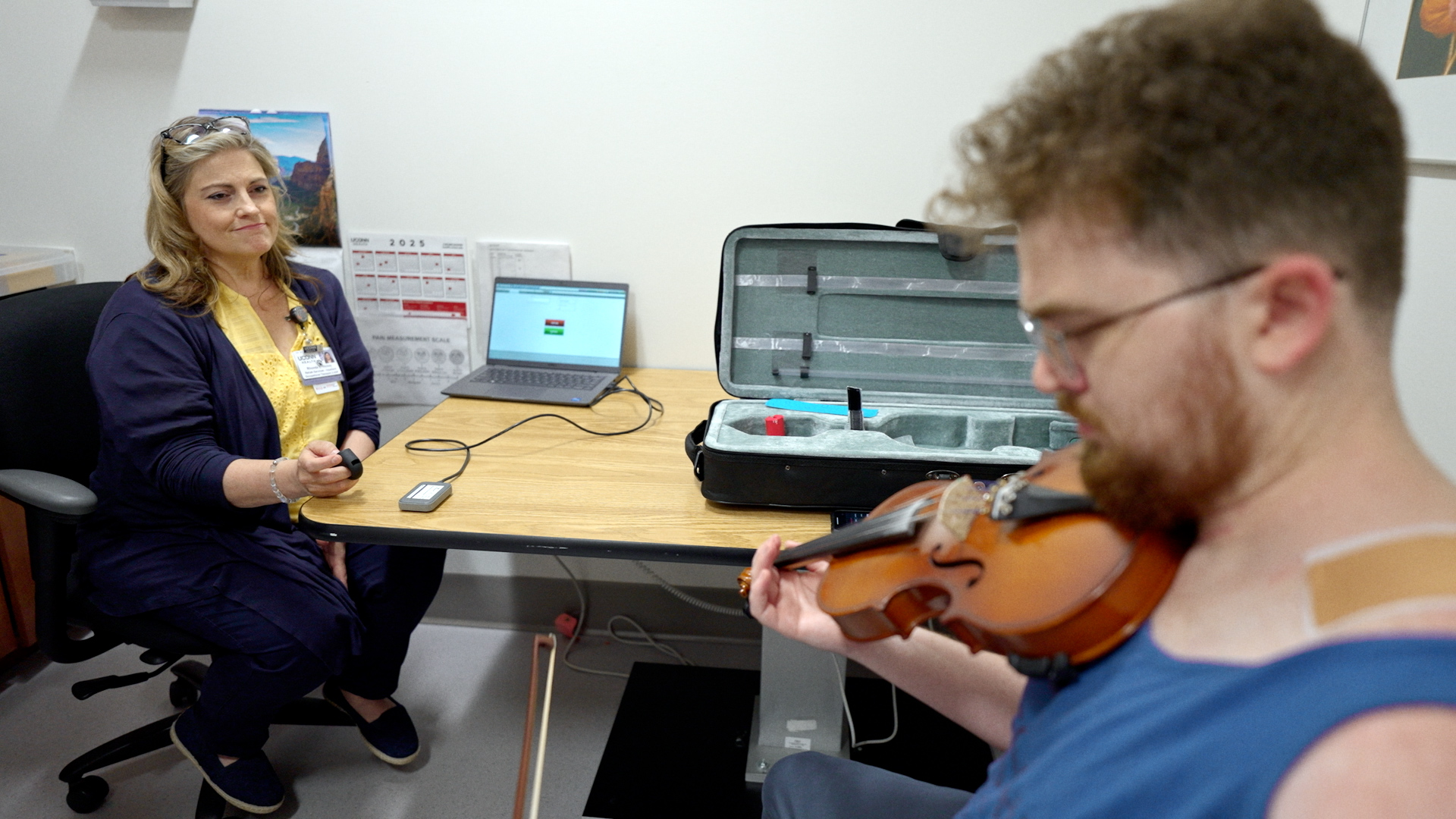Dear colleagues,
On May 1, the University Senate voted to take the important step of creating a social justice requirement within UConn’s curriculum. The new social justice requirement focuses on the one-credit “Anti-Black Racism” course (ABR) that has been offered as an elective since fall 2021.
I want to recognize the students who demonstrated strong leadership in moving this proposal forward and advocating for educating to end racism and all forms of discrimination; the faculty who developed this course and proposed requirement; and the senators who engaged in a thoughtful discussion of the issues.
Because the new requirement passed after the catalogue deadline for the 2023-24 academic year, it will go into effect in 2024-25. This allows time to plan for its implementation. As the discussion in the senate demonstrated, there are still a number of questions that need to be settled regarding the new requirement. Questions raised included how the course will be situated within the new Common Curriculum, especially in relation to the three-credit diversity requirement; the impact of the new requirement on high-credit majors; and questions of logistics and funding. Several senators also spoke to the possibility of offering multiple courses to fulfill the social justice requirement. ABR has already inspired and provided a template for other pop-up courses, including “Why the Jews? Confronting Antisemitism” and “Confronting Anti-Asian Racism.” All of these have the potential to build on and extend the foundation established by the ABR course and help us as a community to strive for a more equitable and inclusive university and broader society.
The Senate’s Common Curriculum Committee is working with the Provost’s Office to form an implementation subcommittee for the new requirement, to address these and other issues, beginning in fall 2023. During the fall 2023-24 academic year, I will continue to fund ABR and other pop-up courses, which have proved to be highly popular electives taken by thousands of students.
UConn stands strong in opposing racism and all forms of discrimination. An education at our university must provide many opportunities to confront the history and current reality of injustice and human rights abuses, and we expect our students to be leaders in creating a more just and equitable world. ABR and the curricular changes that are in development are a powerful point of departure from the status quo.
Sincerely,
Anne D’Alleva
Provost



